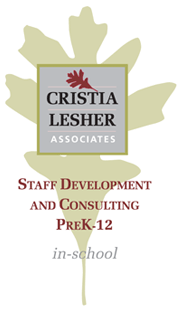A child’s “right” doesn’t make his response correct
Date: March 17th, 2016
By: Polly Bath
Polly Bath: There are two children. One spits on the other, and the other kid punches the spitter in the face. Of course, the spitter will be in trouble. But the parents of the other child argues that their kid had a right to punch the spitter.
My reply to the parent? “We’re here to talk about your child’s response to that yucky act. It was a yucky act that should not have happened, but it did. And your child’s response was to punch the kid in the face. So, now we’re dealing with a safety issue for your child.”
The parent continues to argue that it was their child’s right to punch the other kid. The only thing I can say is, “We’re here to help your child deal with things that come to them that are very uncomfortable and very yucky.” And punching someone in the face should not be the first line of defense.
I have this script when talking with the parents. And I restate it every time they try to argue. I know it sounds redundant, but I have to keep saying these things in objective language so I can get the parents to finally come settle in with me and have them say, “OK, let’s talk about what we can do about my child.” That’s where I want to get the parents.
A big problem we deal with is that kids never feel like they have to be responsible.
Then, I can go one step further with the parents. I say, “I want to bring you to the way we do school here. One of our value systems is responsibility and ownership of your behavior. I really want you to understand how powerful it is for your daughter or son to understand that owning that response is going to help them so much in the future. If you’re walking down the side walk into somebody doing that awful habit of spitting, is it ok for you to grab the person and punch him? NO! You could get arrested if you did that!”
Knowing how to respond is a life-long skill. We want the children to learn and understand that you only have control over your own response to something. You don’t have control over the other party.
That is a powerful lesson to learn.

